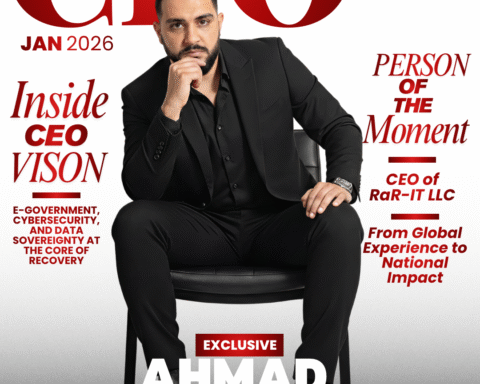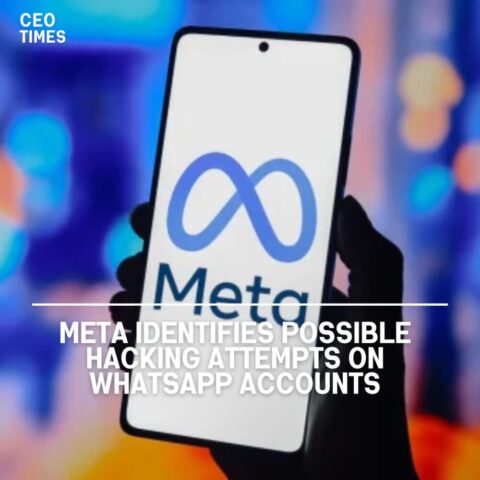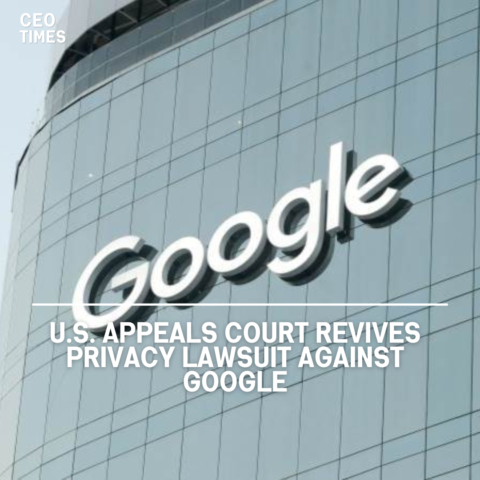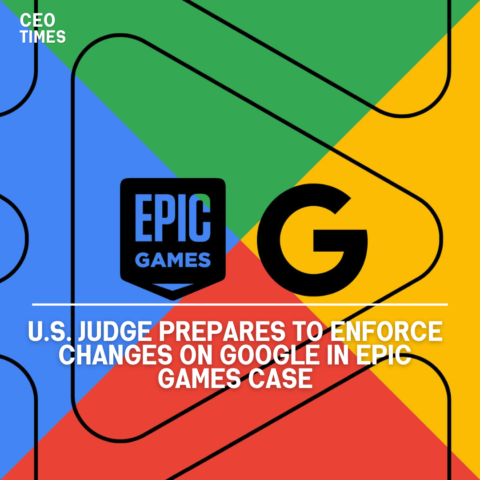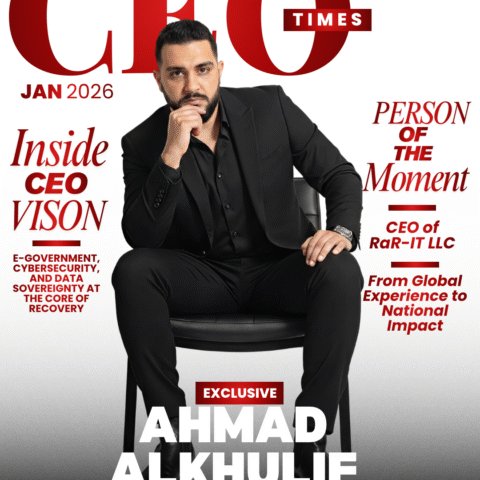Judge’s ruling preserves Google’s search dominance—and spares Apple from a costly and complex default search dilemma
Google scored a major victory in its landmark antitrust trial on Tuesday, and in doing so, delivered Apple a reprieve from what could have been one of its biggest headaches in years.
US District Judge Amit Mehta ruled that while Google cannot enter into exclusive agreements with partners, it can continue paying companies to promote its services. That ruling allows Google to maintain control of Chrome and Android, while still paying tech partners—most notably Apple—billions of dollars each year to remain the default search option on iPhones, iPads, and Macs.
The stakes were enormous. In 2022 alone, Google reportedly paid Apple more than $20 billion to cement its default search status. Without this arrangement, Apple would have faced the daunting question of which search engine to preinstall on its billions of devices worldwide.
A Timely Reprieve for Apple
The ruling comes at a delicate time for Apple. The company is already grappling with regulatory changes to its App Store in Europe, while also struggling to keep pace in artificial intelligence—a field rapidly reshaping how people search for information.
Had Apple lost the ability to partner with Google, it would have been forced to choose between less popular search engines like Bing, or developing its own—a move Apple executives have admitted is both economically risky and strategically uncertain.
“This was a black cloud worry over Apple’s stock as investors worried a Google Chrome breakup and/or forced to extinguish the search deal with Apple was potentially on the docket,” said Wedbush Securities analyst Dan Ives.
The markets reacted swiftly to the news: shares of Apple rose more than 3%, while Google surged nearly 9% on Wednesday.

The Default Search Question
At the heart of the Department of Justice’s case was whether Google dominates search because it is genuinely the best, or simply because it is the default.
Apple executive Eddy Cue, in testimony last year, admitted that Apple never considered building its own search engine, instead relying on Google because “there wasn’t a valid alternative at the time.” He further noted that developing one would be risky, given how quickly AI is reshaping the space.
Indeed, while Google commands about 90% of global search traffic, according to Statcounter, consumer behavior is already shifting. Gartner predicts search volumes could fall 25% by 2026 as users gravitate toward AI-driven tools.
Cue acknowledged that search queries from Apple devices dipped in April, though Google maintains overall query growth continues, with Apple platforms contributing significantly.
The AI Disruption
The rise of AI-powered search assistants—from OpenAI, Perplexity, and Anthropic—poses a new challenge to both Google and Apple. Google has already revamped its own search engine with AI Mode, broadening its rollout to all US users earlier this year.
Apple, meanwhile, has reportedly explored integrating or even acquiring AI search startups like Perplexity to strengthen its position. Bloomberg reported that Apple may eventually offer multiple AI-powered search options in Safari, signaling that the company sees AI as an inevitable replacement for traditional search.
Apple Gains Breathing Room
For now, however, Apple has the luxury of time. With the court’s ruling preserving its lucrative partnership with Google, the iPhone maker can explore AI strategies at its own pace—without scrambling to fill a search gap on its devices.
Google’s courtroom victory, in effect, has become Apple’s safety net.


